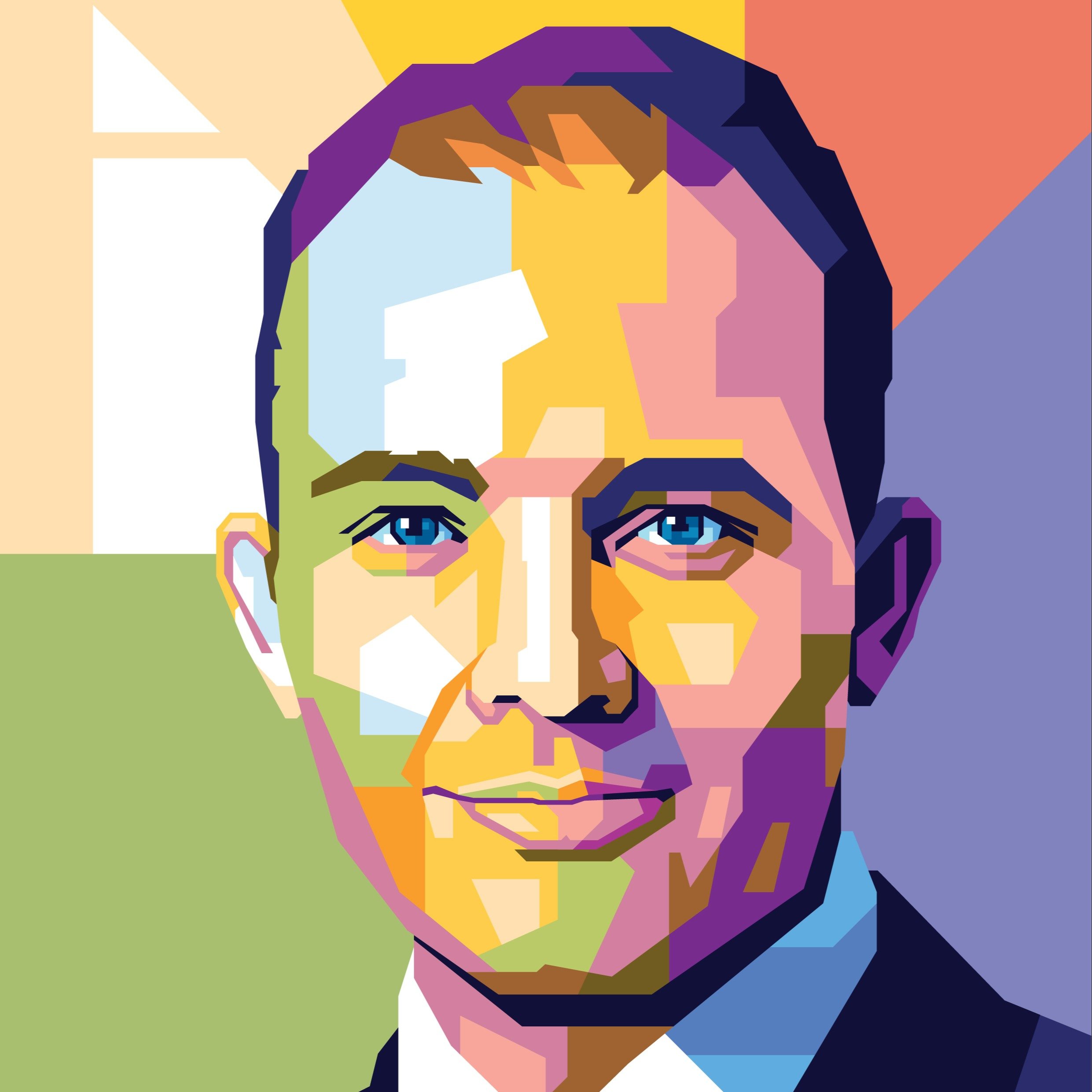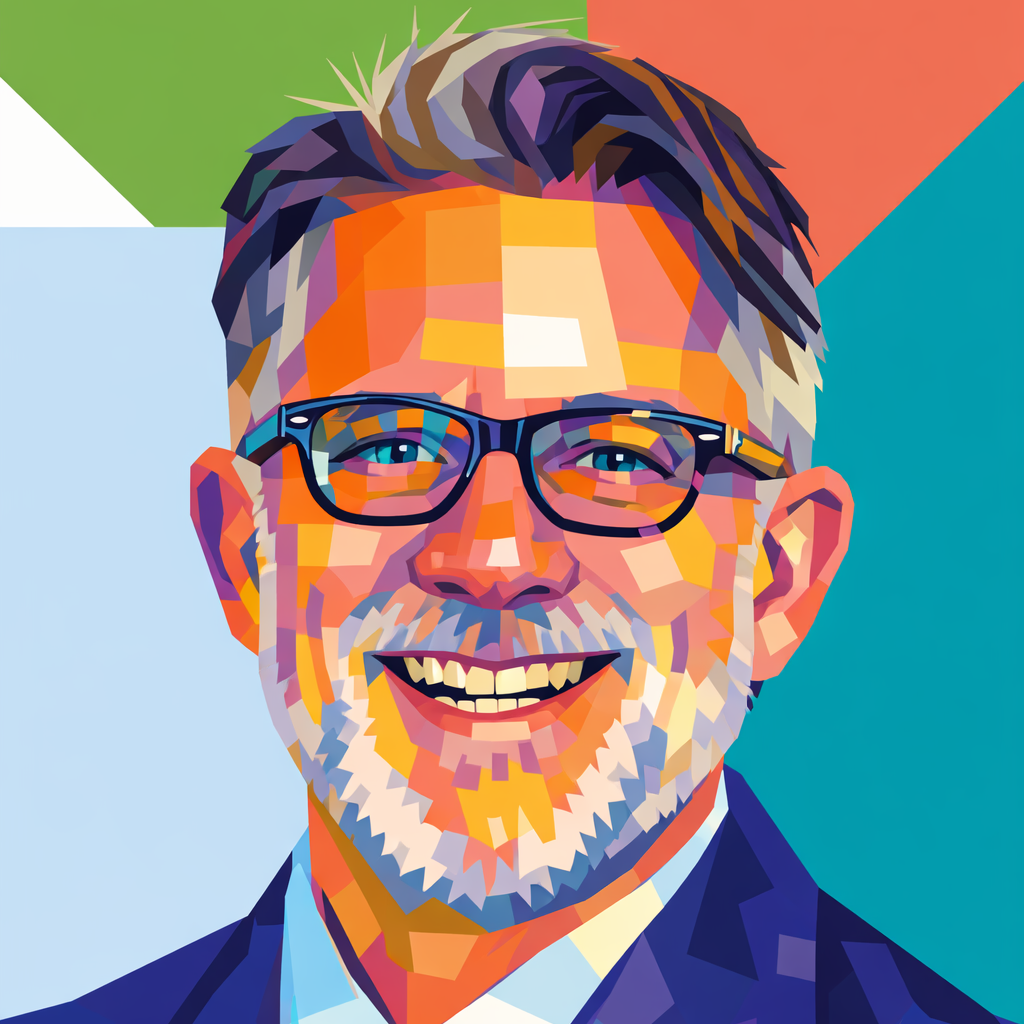In the life of a financial advisor, the journey from novice to seasoned professional is marked by a continuous quest for knowledge and refinement.
For young professionals entering this field, the path to success often begins with acquiring technical expertise – a foundation built on understanding the intricate workings of financial markets, investment strategies and regulatory frameworks.
However, mastering technical skills alone is not enough. To thrive as a financial advisor, you must also cultivate the art of client relations – a nuanced skill set that encompasses effective communication, empathetic listening and relationship management.
In this pursuit of professional development, seeking guidance through coaching, mentoring and accessing valuable resources becomes indispensable. Success can be found when you immerse yourself in a safe and supportive environment that fosters learning and growth. A place where aspiring advisors can navigate the complexities of the industry with confidence and competence, ultimately emerging as productive and impactful professionals.
Philip Palaveev, CEO of The Ensemble Practice, was featured in a recent Action! article talking about effective training solutions for financial advisors. Since advisor success is a pillar of our publication, I decided to reach back out to Palaveev to continue the conversation. Click the video to watch the entire interview.

Transcript:
Suleman Din: We talked to you a little bit about gaining traction as an advisor and utilizing resources and utilizing the firm as a resource to help you gain traction in your career. So my first question is why would you stress the importance of that to anybody who kind of reads that? What do they need to understand about that?
Philip Palaveev: Well, it's a little bit like learning to swim. You can certainly try to jump off the pier and try to learn to swim on your own, but it will be dangerous, it will be frustrating and honestly, it's not going to work very well. If you receive some coaching, some mentoring, some resources and you learn everything you need to know in order to be a productive professional in a safe and supportive environment, both of those words are very important.
When you're a young professional, you need to, first of all, accumulate technical skills just to learn all the answers, if you will. Then, you need to learn how to relate to clients, how to communicate with clients and how to manage client relationships.
It's very difficult to learn that without actually having any clients. The technical knowledge you can acquire from books, you can acquire from classes, you can acquire from coaches and mentors – but the relationship skills can only be acquired in a relationship. You need to actually meet some clients, you need to take care of some clients, you need to actually hold the hand of some clients, and that's how you learn.
One of the best ways, traditionally, in all professional services, advisors, accountants, consultants, lawyers, is to actually rely on the firm, your firm, your organization to provide you with clients that you can start your career with and where you can learn how to manage relationships and earn the trust of your clients.
Din: And not only from an external perspective but also from an internal perspective, right? Learning to be a good colleague, to manage projects, to be able to work within a firm and it's structure towards deadlines and so on and so forth.
Palaveev: Absolutely, and then you're also going to acquire the team working skills and you're going to actually have more fun. In some ways, if I could summarize it, I would say, don't jump off the pier; join the swim team.
Din: If you were young and trying to gain traction at a firm, what are the things that you would be doing to maximize that time that you had in that environment, to maximize your learning, to maximize the resources that you had at hand?
Palaveev: Probably step one is just to collect some experience and try the different functions within the firm. Probably in the first one or two years, really sample the different careers available. Would you be most fulfilled by being an advisor? Would you prefer to work in the investment department? Do you find your passion and your interest to be best met in the operations and support department? So probably job number one is gain some experience and choose a career track.
Step number two is perhaps having chosen a career track, look for a mentor. Perhaps look around for someone who has taken an interest in your career and someone who can support your career.
Of course, implicit in that is also understand the career track being offered by your firm. What are the steps? What are the milestones? What are the expectations? How does it work from responsibility, from a compensation perspective and everything else?
And then, really, as you embark on that career track, spend also the time to understand your organization. What is the organizational structure? What are the teams? How do teams function and work with each other? What are the committees? In other words, how can you contribute not just to the client services, especially if you're on the advisory track, but also how can you contribute to your firm, to just building a better firm together?
And of course, that will probably be the next step in your career is not just being excellent at servicing clients, but also helping others acquire that knowledge and helping others also manage and run a better firm.
Din: How do you connect with people to actually make those opportunities available to you? And I mean this is in an interpersonal way. Like, what kind of colleague or person do you have to be that people want to be willing to help you in the first place?
Palaveev: Well, you’re absolutely right. It's a two-way street. Then ideally you meet in the middle. And I don't mean the cars colliding in the middle. I mean, you probably, and some were implicit in that first step is that choose the right firm.
Really choose the right firm. A good modern advisory firm, particularly the mid-size and larger ones have already spent quite a bit of time developing career tracks and developing processes for coaching, which makes your career a little bit easier.
If you pick the right firm, that firm will take you there. My grandma used to say, they're passengers for every train. If you get on the right train, that train will take you there. They know what they're doing.
It is a little more challenging with smaller firms. They just don't have the resources to create career tracks. They haven't spent the time and it is a little more difficult for them to be so systematic, But perhaps that's an opportunity to customize to perhaps focus on things that are of interest to you and perhaps for someone it's the challenge of blazing a trail. A trail that can help others behind you – the G3 the G4 – to understand the type of career being offered by your firm and understand the implications of the kind of firm you choose.
It's a lot like sports – if you choose the right team and if you spend the time developing your skills chances are you gonna win some games and you're gonna have some medals on your chest or in your pocket for that matter.
This blog is sponsored by AdvisorEngine Inc. The information, data and opinions in this commentary are as of the publication date, unless otherwise noted, and subject to change. This material is provided for informational purposes only and should not be considered a recommendation to use AdvisorEngine or deemed to be a specific offer to sell or provide, or a specific invitation to apply for, any financial product, instrument or service that may be mentioned. Information does not constitute a recommendation of any investment strategy, is not intended as investment advice and does not take into account all the circumstances of each investor. Opinions and forecasts discussed are those of the author, do not necessarily reflect the views of AdvisorEngine and are subject to change without notice. AdvisorEngine makes no representations as to the accuracy, completeness and validity of any statements made and will not be liable for any errors, omissions or representations. As a technology company, AdvisorEngine provides access to award-winning tools and will be compensated for providing such access. AdvisorEngine does not provide broker-dealer, custodian, investment advice or related investment services.






.png)

